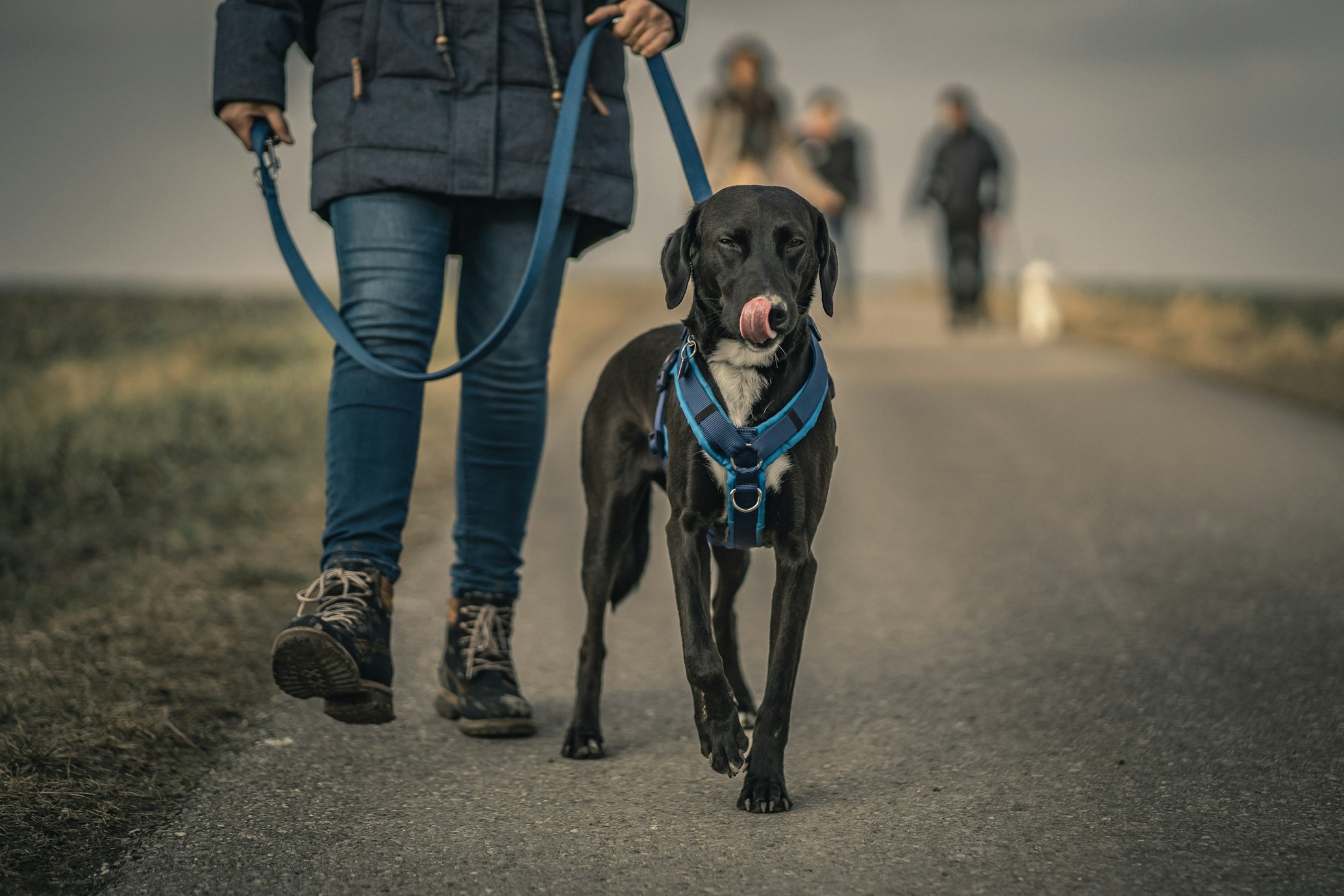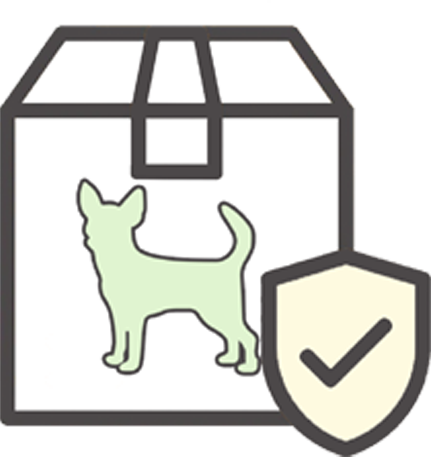The Importance of Leash Training
Updated On: Friday, November 15, 2024 11:21:38 AM America/Los_Angeles
A leash can feel restrictive for both dog pawrents and their fur babies–especially when you know your pooch wants to run wild. However, leash training is an important part of a doggo’s overall training and has many long-term benefits. Besides, leash training doesn’t mean your fur baby will be leashed forever. In fact, it helps dogs to behave appropriately when they’re off-leash too!
Photo by Dominik Kempf
What Is Leash Training?
Leash training is just what it sounds like–training a dog to be on leash while demonstrating appropriate behavior. This means no whining, pulling, barking, and so on. Like potty training, leash training is a foundational part of training that helps dogs develop appropriate behaviors that will allow them to thrive.
When Should You Start Leash Training?
Experts recommend starting leash training indoors at around 8 weeks of age. It’s important to stay inside until a puppy or recently adopted dog has received all their vaccinations, which protect them from harmful viruses and parasites. (Pro tip: Use a pee pad like DoggieLawn for their pet potty needs until it’s safe to go outdoors!) But that doesn’t mean you can’t get a head start on getting your pup used to leashes. Trying out a leash indoors is the perfect way to test the waters and see how your furry one will respond.
How to Start Leash Training
Start very slowly by letting your dog sniff and get familiar with a leash. Afterwards, try simply attaching the leash to your dog’s collar to see how they react. Once your pup is used to being leashed, take short “trips” in the home. Think: back and forth from the front door, to and from the garage–any walk you might eventually expect your pup to do before leaving the home. And don’t forget, treats and praise are always helpful when it comes to letting your dog know that they’re doing a great job!
Why Is Leash Training Important?
- Communication: A leash is like a line of communication. It isn’t just a way to make a dog do what you want them to do. It’s an important tool for developing a shared language when you’re outdoors together. Leashes help you inform your dog of walk times, dangerous situations, safe places, appropriate behavior, and more!
- Behavior: As a way to communicate with your pooch, leashes help signal which behaviors are okay and which aren’t. Tight leashes can tell your dog that their barking or running is a no-no, while a loose leash (or unhooking a leash) lets them know that they’re free to explore to their heart’s delight.
- Avoiding Accidents: No one wants to think of the worst, but accidents do happen. Whether you and your fur baby are walking in an area busy with cars or you have a feisty doggo and there are children around, leashing your dog helps minimize unwanted incidents.
Leash training can seem like a hassle–especially when you have more pressing issues like potty training to accomplish. However, leashes are invaluable for making the outdoors a safe space for your dog in the long run. A little effort goes a long way when it comes to leash training!


